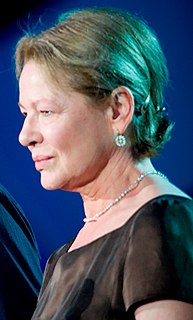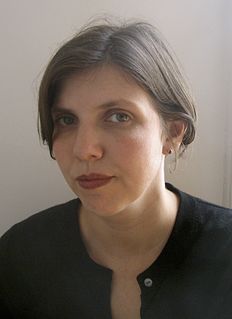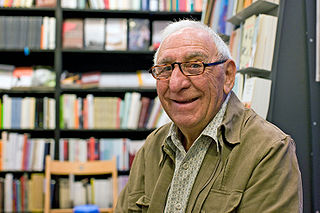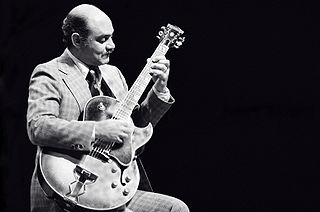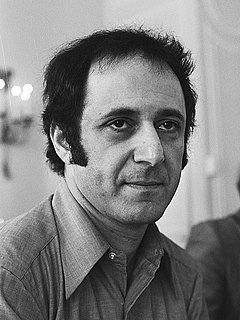A Quote by Augusten Burroughs
Related Quotes
The Dream Lover is a historical novel at once expansively researched yet intimately imagined. George Sand may be the ultimate Berg heroine. 'A life not lived in truth,' Berg writes, 'is a life forfeited.' In this latest work, Elizabeth Berg has poured her own great gifts and her own great heart into the story of a woman determined to refuse any such forfeiture, no matter the cost.
There is nothing in the world more difficult than candor, and nothing easier than flattery. If there is a hundredth of a fraction of a false note to candor, it immediately produces dissonance, and as a result, exposure. But in flattery, even if everything is false down to the last note, it is still pleasant, and people will listen not without pleasure; with coarse pleasure, perhaps, but pleasure nevertheless.




